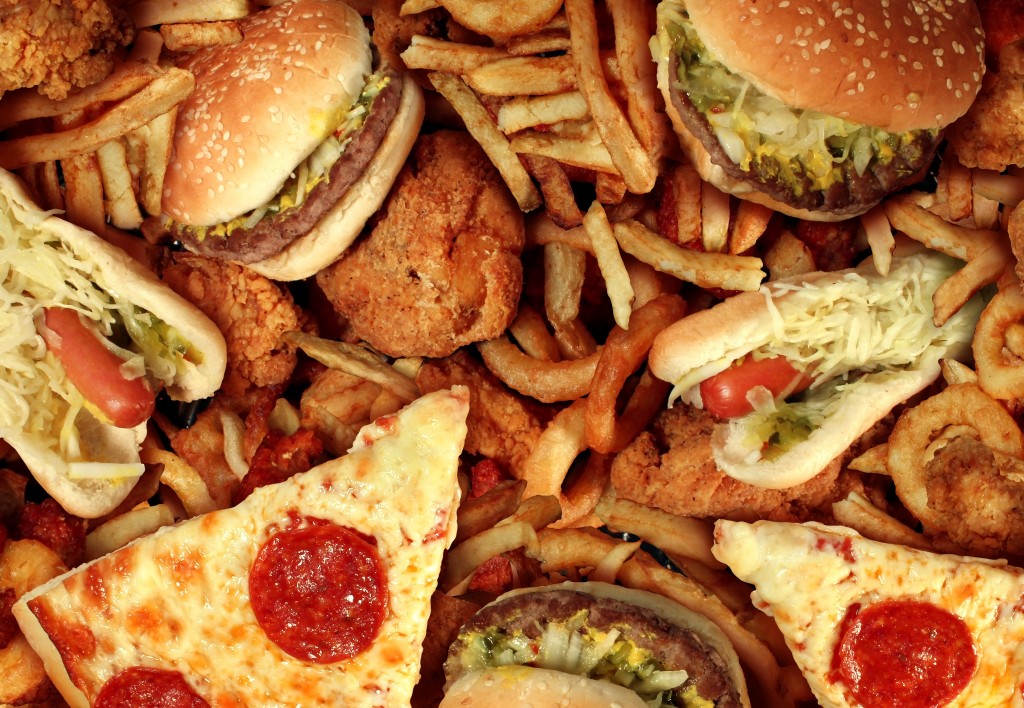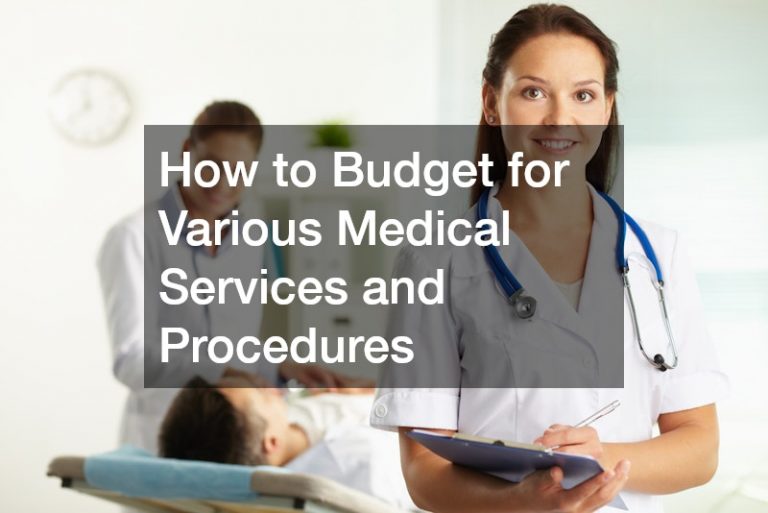Stress-eating. It’s a bad habit and one that’s pretty hard to curb, especially when you’re going through a lot. Also, these are some pretty stressful times we are living in. Recorded stress levels are high, with the average level at a 5.9 out of 10 in 2020. In particular, this number jumps to eight for parents with children under 18.
People often look to food for comfort, whether because it’s a taste they are craving, or it brings ease through good memories and associations with the dish. Sure, it’s okay to treat yourself now and then, but it’s important to make sure that these don’t turn into habits deeply rooted in your mental or emotional state. After all, it’s all too often a gateway to an eating disorder. There are binge eating treatment plans that you can take on to help you if you’ve already found yourself under this harmful cycle. But if you’re simply trying to manage your habits early on, here are a few tips you can follow:
Take a beat to check your feelings before eating.
Make sure that when you’re reaching out for that snack, it’s because you genuinely feel hungry in your stomach and that you’re not just tying it to an emotional response. Take some time to breathe and see what emotions you have at the moment, and see if you are simply giving in to a craving. You may have this urge to eat but take a few minutes, and you’ll often find that it’s just the idea of eating that you are seeking out and that you do not actually lack food. Go through these motions minute by minute to get yourself used to ignoring the urge and listening to your actual gut.
Try mapping out all your meals ahead of the day.
If you can’t help yourself and you always find yourself suddenly reaching for a nibble, try to figure out what you’re going to eat for the day and what time you’re going to do it. This can give you a more set guideline to follow so you can catch yourself more easily. Only consume food during the times you assign, and, to avoid overeating, try creating a meal plan already that you can just follow. This can also help you have previously prepared dishes so that you’re not tempted to see what else is lying around or in the vicinity.
Make sure you have avenues to engage yourself.
 Sometimes, this stress reaction happens if there aren’t other avenues to expel your distress or restlessness. It’s along the same lines of why people eat when they’re bored. Find something other than eating that is also calming or stimulating, depending on how you want to decompress. Make sure you aren’t in an unhelpful environment with nothing to do but munch and drink, too.
Sometimes, this stress reaction happens if there aren’t other avenues to expel your distress or restlessness. It’s along the same lines of why people eat when they’re bored. Find something other than eating that is also calming or stimulating, depending on how you want to decompress. Make sure you aren’t in an unhelpful environment with nothing to do but munch and drink, too.
Whenever you start feeling overwhelmed with aggravations, put your energy into a different activity. You can listen to music, dance it out, write, or watch something. Try getting used to relying on other activities to help you navigate things.
Have select snacks and containers assigned.
The stuff we eat on and the containers we put our food in matters. It affects how we eat in various ways, which can be problematic if you’re trying to curb bad habits. First, eating right out of the boxes or bags that snacks come in can often lead to eating more than we plan to. So, it’s best to make sure that you have actual containers or plates for snacking that you always use to control the portions.
Second, make sure to take note of the color and material of the containers you have. This can affect your brain subconsciously about how much and how quickly you end up eating. Those factors all play into the psychological side of things, but you also want to make sure that any snacks you do have at home are healthy options in the first place.
Tackle your stress-eating triggers.
Stress-eating doesn’t happen overnight, and it doesn’t happen without stress. So, figure out what exactly triggers you this way so that you can target those aspects instead of just adjusting around them. Once you pinpoint the moments, things, or people that cause such a reaction, you can better navigate your feelings about them and pin down what exactly you can do to quell those triggers. Instead of brushing them aside, this can help you develop healthier coping mechanisms and even give you a chance to cut out any toxic patterns or influences in your life.
If you find that you are struggling with an eating disorder or tend to rely on food as a stress-buster, know that there is hope for recovery.






